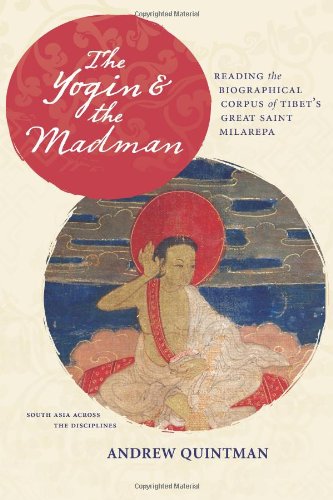

Most ebook files are in PDF format, so you can easily read them using various software such as Foxit Reader or directly on the Google Chrome browser.
Some ebook files are released by publishers in other formats such as .awz, .mobi, .epub, .fb2, etc. You may need to install specific software to read these formats on mobile/PC, such as Calibre.
Please read the tutorial at this link: https://ebookbell.com/faq
We offer FREE conversion to the popular formats you request; however, this may take some time. Therefore, right after payment, please email us, and we will try to provide the service as quickly as possible.
For some exceptional file formats or broken links (if any), please refrain from opening any disputes. Instead, email us first, and we will try to assist within a maximum of 6 hours.
EbookBell Team

5.0
68 reviewsTibetan biographers began writing Jetsun Milarepa's (1052--1135) life story shortly after his death, initiating a literary tradition that turned the poet and saint into a model of virtuosic Buddhist practice throughout the Himalayan world. Andrew Quintman traces this history and its innovations in narrative and aesthetic representation across four centuries, culminating in a detailed analysis of the genre's most famous example, composed in 1488 by Tsangnyön Heruka, or the "Madman of Western Tibet." Quintman imagines these works as a kind of physical body supplanting the yogin's corporeal relics.